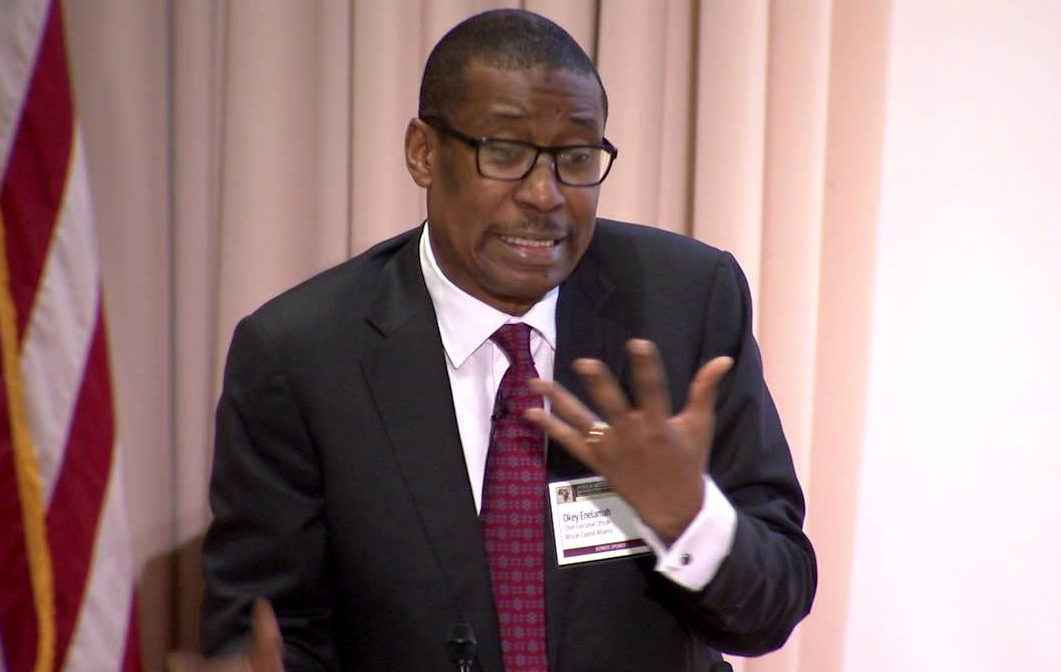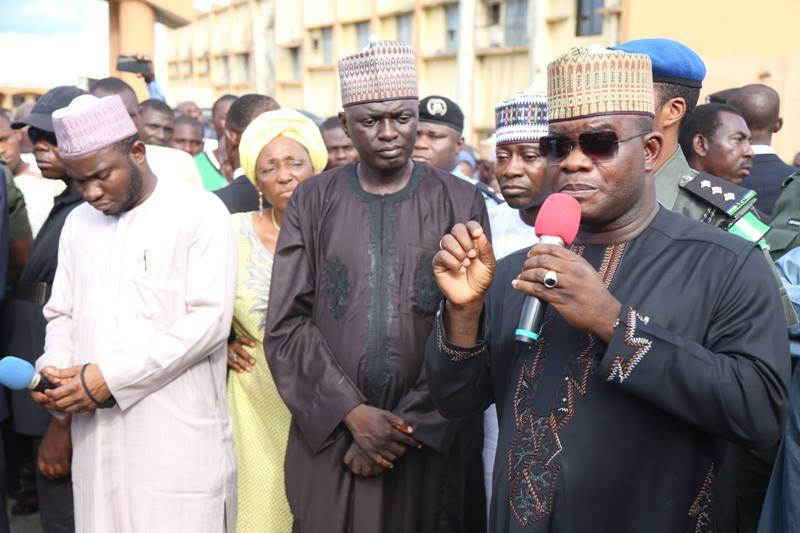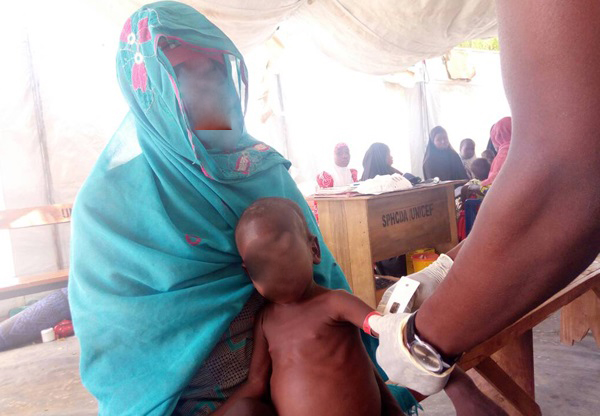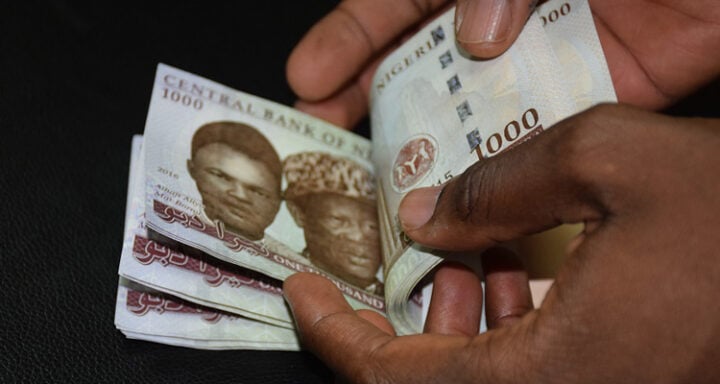Would you believe if you were told that Nigeria’s premier university, the University of Ibadan, cannot produce identity (ID) cards? Would you take my word for it if I told you that a commissioner of police said if students protest, they would be “picking dead bodies”? What would you say if I told you that over 10,000 students are home now, and will be for weeks, because they refused to sit for exams without ID cards?
If you have followed the news for the past two weeks in Nigeria, you must know by now that the University of Ibadan has been shut and undergraduate students have been sent home. Simply put: the students paid N2,000 each for ID cards, and the university failed to give the cards, after three semesters.
Students revolted and decided that there was not going to be any exams on campus if ID cards are not given. The school management in her defence said the cards were coming with better features; they will serve as ATM cards, library cards, hospital cards, among other features.
Both parties could not reach a compromise based on previously-fuelled friction, which had put management against students. The students led a protest, the vice chancellor shut down the university on behalf of the senate. Stalemate.
Advertisement
Today, more than a week after the school was shut, students are home. Management is losing time meant for academic work to its inability to call a truce. There are no winners.
The university authorities and the students have been making accusations and counter-accusations about students welfare, ID cards, peaceful or violent protests, and so on. Whatever the case is, it has been of no good to the public image of the university. The students are hopeful that the accusations, the Twitter trend and the media stories will make the powers that be, act in their favour.
Sadly, I have it on good authority, that the highest authorities in the land have heard the cry of the students, but are onlooking. They do not have the “time, resources, and will” to wade into the issues at hand. So, here is the plan: let the students stay at home until a time they are tired, less resolute to press for these simple demands.
Advertisement
So the premier university or any other institution of higher learning can be shut for all they care, the students will eventually come around.
Friends, all of these is not the problem, it is not the disease; these are simply symptoms of a more chronic disease that has bedevilled the academia in Nigeria for over 30 years. I donot have a name for the disease, but I believe it bothers around lack of attention and funding for the most effective way of developing a nation — education.
NIGERIA’S ACCIDENTAL DEVELOPMENT
Roman Oseghale, head consultant at IntelServe, while speaking at the Platform 2017 highlighted the UN economic model for sustainable development as far back as 1945. According to the model, a developing country must put 26 percent of its budgetary allocation or five percent of GDP into education.
His team ran an analysis on 80 countries across six continents, which showed vividly, the direct relationship between education expenditure and per capital income, which is the wealth of a nation. One striking fact shared was that the most developed countries in the world, are the highest investors in education.
Advertisement
A quick snapshot shows Nigeria spent $48 billion on education from 1970 to 2014 — that is 44 years. The United States spend $900 billion on education in 2014 alone. Let that sink.
You may say the US is a very rich nation, the most powerful in the world, it should not be compared to Nigeria. You will be wrong. The US is the most powerful today because it commits vehemently to education. The UK is on the same path — the path that believes education drives development.
If you still think we cannot compare US and Nigeria, then let us compare Nigeria and Chile: In 44 years, Nigeria has invested $48 billion in education, for a population of over 180 million people as at 2014. Chile on the other hand has a population of 17.8 million people (less than 10 percent of ours), and has spent $120.5 billion on education in 44 years.
Mexico has spent $886 billion on a population of 125 million in 44 years. Brazil, with 206 million people has spent $1.5 trillion on education from 1970 to 2014.
Advertisement
The most interesting fact of all is that the more Nigeria or any other country spend on education, the bigger the country’s per capita GDP gets — the wealthier the nation gets. So these countries that have spent more on education have got more out of their people than Nigeria does today.
For almost 30 years, Nigeria was spending only 0.8 percent of its GDP on education, when the global standard is at five percent of GDP. No nation develops this way. None, in history, has developed this way.
Advertisement
So it may be Idowu Olayinka, UI VC, in the eye of the storm today. If UI students will make good of their word, they may seek to go after Isaac Adewole, former vice chancellor and current minister of health, but the truth is the same: Nigeria will not develop into the nation of our dreams with this disposition to education.
If Nigeria makes any progress in this regard, it will not be because we deliberately decided to succeed — it will be accidental development. Until the ivory returns to our towers, Nigeria will not tower high in the comity of nations.
Advertisement
Reach Tijani on major social media platforms @OluwamayowaTJ
Advertisement
5 comments








The writer of this piece has chosen to base his opinion on what the students said and completely remained silent on the position of the University Management, which been well-documented by many media, on this matter. I am not the mouthpiece for the University but I make bold to say that the writer-up is jaundiced and riddled with a lot of untruths. I believe good journalism should be based on facts and should be balanced.
No, the writer has simply X-rayed Nigeria’s problem, poor funding of education!
Third semester running after payment for ID card without issuance on the excuse of better features’! I think ID cards are being produced in another planet!God save us. Amen.
It’s not poor funding. It is fraud, nothing else. What does it take to produce ID cards? The VC should be fired.
I think what happened at UI prompted the writer to x-ray the problem facing education in Nigeria most especially in our educational institutions. The writer was not saying poor funding actually caused the non-issuance of ID cards